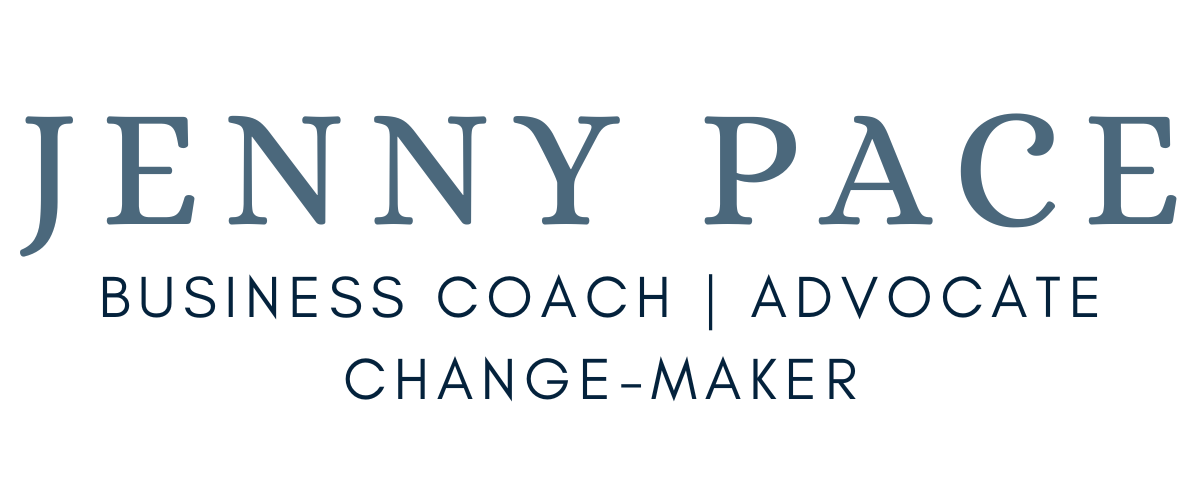 Somewhere in the middle of last year, I realised I had a hunger for learning more. I’d been running my business a little over a year, and I’d built a decent understanding about the work I enjoyed and wanted to do more of, and the work that was showing up in front of me as I spoke to clients week on week.
Somewhere in the middle of last year, I realised I had a hunger for learning more. I’d been running my business a little over a year, and I’d built a decent understanding about the work I enjoyed and wanted to do more of, and the work that was showing up in front of me as I spoke to clients week on week.
I had this realisation that mentoring, to me, is a combination of consulting (“This is my experience, this is what I’d suggest”), coaching (in which the client holds the answers, and I’m a guide to uncovering them), and counselling (in which we uncover old beliefs and habits and past experiences that might be hindering). Some clients want 100% consultancy. Some clients want more coaching, to build their own skills and confidence. And sometimes we delve into counselling as we come up against some heavy stuff.
With modesty, I have skills and experience in all of these areas that I’ve built up over my lifetime. But I realised I wanted more confidence and clarity in understanding these three skills separately. I understood that there’s a connection between personal development and business development, but I wanted to know more.
I signed up for Tara Mohr’s Playing Big course for facilitators (coaches, teachers, leaders). It is just what I was looking for: discovering what empowers women in all kinds of ways and in all kinds of situations. And discovering how I, and my work, can empower women to build the lives and businesses they really want.
Okay, that’s all the back story. (Wait, let me just say: If you’re interested in Tara’s work, I highly recommend her book, Playing Big.)
So I’m currently about halfway through this six month training. The module that we’ve just finished is all about unhooking from praise and criticism, and it’s been an entire series of lightbulb moments, and I wanted to share some with you.
The most powerful premise of Tara’s work on this is: Feedback is always about the person giving it, rather than the person receiving it.
This isn’t too far off the adage that feedback is usually more about the person giving it. But it goes a step further.
For the avoidance of doubt: Feedback only ever gives us information about the person giving it.
So what does that mean? It means objective feedback doesn’t exist. It means that what other people think of our work, our products, our blog posts never means anything about us personally. It’s always about them and their experience.
So, if someone thinks your business idea is “bad” or scary or not worth the effort, that might tell you that they don’t like the idea of risk, or maybe they’re not convinced by your product range because they’re not your target audience. See how it’s about them, not you?
In any given situation, Tara suggests we consider all the things that the feedback is telling us about the other person’s preferences or situations or experiences.
Let’s say you receive feedback from a customer. The product isn’t as nice or as well-made as they expected. They tell you they’re disappointed and wouldn’t buy from you again.
I hear your pain, your anxiety, maybe even your sadness.
But let’s look through a fresh lens. This feedback is only information about their experience.
So what could we learn from their experience? What might this be telling us? Perhaps it’s telling us that they had certain expectations that weren’t met. Perhaps they’re disappointed. Perhaps they’re always disappointed.
What it’s not telling us: that you’re a bad person, that you’ve failed, that your products aren’t nice or well-made.
Tara helpfully points out that it can be handy to, compassionately, reflect on all the various things that might cause someone to be less-than-generous in their interactions. Perhaps they’re having a bad day. Perhaps they bought it as a gift that wasn’t received well. Perhaps they overspent on something else, so are extra touchy about how much they spent on your product (even though, on a different day, they wouldn’t bat an eyelid).
Once we’ve detached, even a little, from the feedback being objectively true and about us, we can decide whether it’s helpful.
We decide what our goals are in our businesses, and then we ask ourselves whether this piece of information about this person’s experience is helpful.
So, if their expectations were really high, and weren’t met, it may be helpful to you to know that. And if you had 100 people who gave you the same feedback, you might decide that managing expectations better suits your goals.
But one person with one experience, that is really all about them, may just be a piece of information to you.
I’ve found this shift in perception, this idea of unhooking from praise and criticism, really powerful.
What do you think?
Jx





